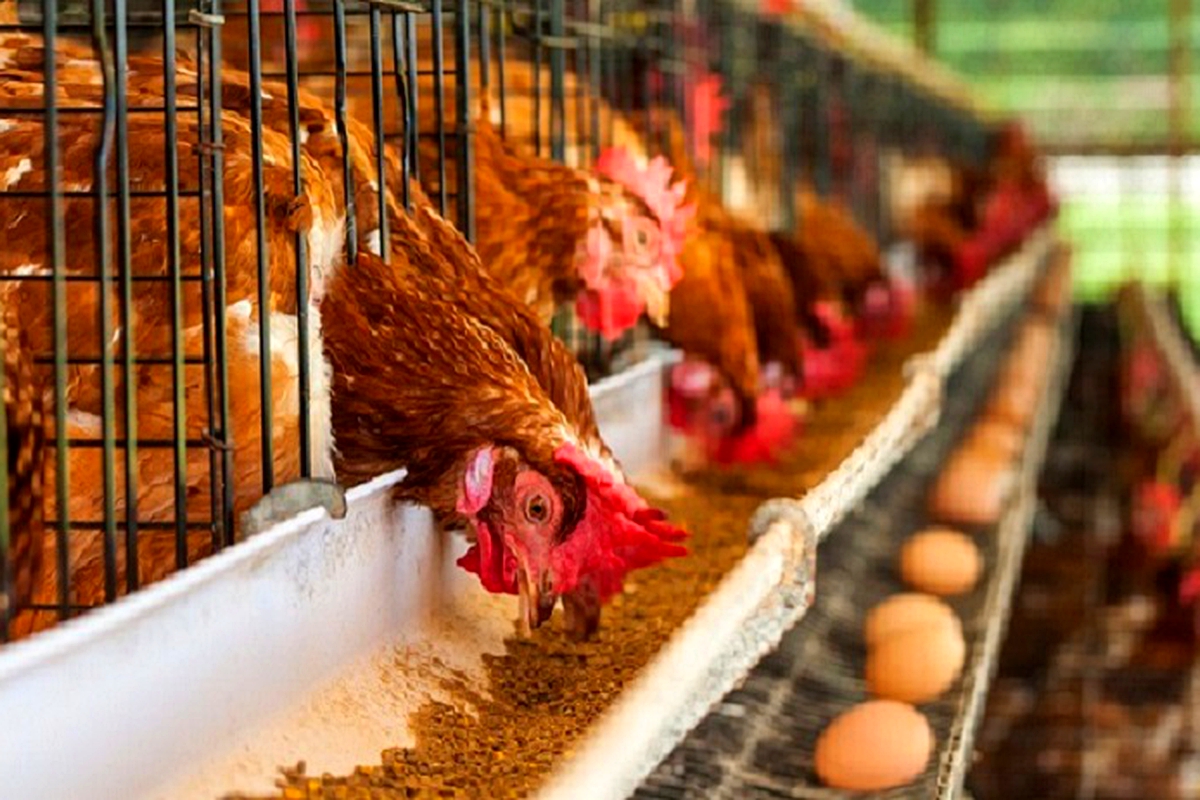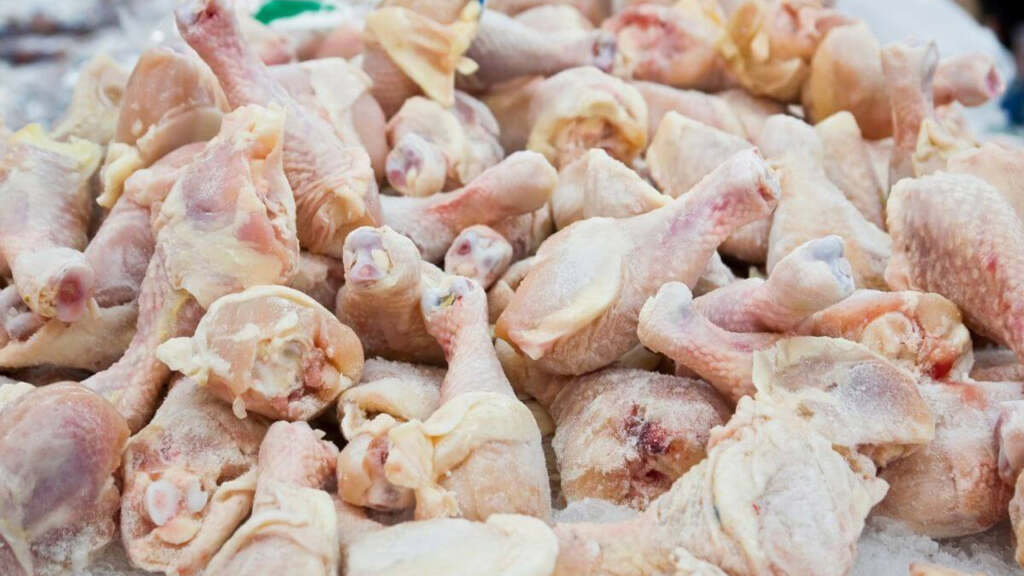Libuseng Molato
Farmgirls, an association of Basotho women, has achieved a significant milestone in Lesotho’s poultry industry by acquiring the first parent stock which has successfully started laying, marking a pivotal step towards reducing poultry importation in the country.
This initiative, driven by determined and empowered women, aims to transform the agricultural landscape and assert women’s leadership in the sector, particularly in the poultry sector.
“The group is focusing on the entire poultry value chain, from broiler breeding to processing and packaging,” said Matumane Matela, the deputy chair of Farmgirls Parent Stock and co-founder of Farmgirls Lesotho.
Matela shared that Farmgirls started as a group of women who met as strangers on Facebook, united by their passion for farming.
“We came together as women interested in farming and formed Farmgirls. The group has almost three hundred members and aligns with global efforts to achieve gender equality and empower all women and girls by promoting women within the farming industry and helping each other maximise their potential,” she explained.
The local farmers are determined to enhance Lesotho’s poultry industry and create a national supply that meets consumer demands. Matela highlighted the strides already taken towards achieving poultry self-sufficiency, noting that within Farmgirls, they have subgroups tailored to specific interests.
“These subgroups include Farm Girls Broiler Value Chain, which covers Parent Stock/Broiler breeders, Hatchery, Slaughtering, and Packaging, intending to complete the chicken value chain in Lesotho,” she explained.
Farmgirls Parent Stock began with twenty-five members who contributed to the project, later receiving funding from the Mineworkers Development Agency Lesotho. However, their journey has not been without challenges.
Matela detailed the difficulties they faced, including the unexpected closure of borders for poultry importation, which forced them to rent a poultry farm in South Africa, incurring additional unplanned expenses.
After overcoming these obstacles and managing to bring their chicks home, feeding them presented another challenge. The chicks require a special diet ordered directly from South Africa, with a minimum order of one hundred bags, adding to the costs and transportation expenses.
“It’s a very expensive project, and we are looking for more sponsors from all angles,” Matela stated.
Starting with one thousand chicks in the pilot phase, Farmgirls plans to expand to fifty thousand chicks in the future.
Amid the trials they faced, Matela emphasised the importance of government support for local farmers, “the government should support enthusiastic farmers already in the industry. This will eliminate our dependence on imported poultry and reduce the consumption of processed meat laden with chemicals.”
She highlighted that the Mineworkers Development Agency (MDA) has provided invaluable support to the project, going above and beyond to assist.
So far, the group has purchased land to construct larger farmhouses for the chickens, and the dedicated parent stock members are working hard to ensure the project’s progress.
“Farmgirls have made many sacrifices, but despite the challenges, we have successfully raised the chicks and they are now laying fertile eggs. The quality of the chicks is very satisfactory,” Matela proudly shared.
Matela further discussed the importance of collaborative farming, emphasising how it can enhance agricultural productivity and sustainability by facilitating the sharing of best practices, ideas, and experiences, which fosters an environment of shared learning and growth.
Some key benefits of collaborative farming include:
- Maximising Resources and Technology: By pooling resources, farmers gain access to advanced technologies and reduce individual investment costs, which ultimately leads to increased productivity.
- Economies of Scale: Collaboration enables farmers to achieve economies of scale, reducing production costs and expanding their market reach.
- Knowledge Sharing: Farmers can learn from each other’s experiences and techniques, leading to improved farming methods and increased efficiency.
- Risk Mitigation: Working together helps farmers mitigate risks by sharing the burden of challenges and finding collective solutions.
- Sustainable Practices: Collaborative projects often prioritise sustainable practices, resulting in better environmental outcomes.
“In summary, I strongly believe in the power of collaborative farming as it harnesses the collective strength of farmers to tackle challenges, innovate, and progress towards a more efficient and sustainable future in agriculture,” Matela stated.
However, Matela acknowledged that collaborative farming also comes with its own set of challenges, such as personality conflicts and unequal contributions. These challenges she said need to be carefully managed and clear communication is crucial to ensure that collaborative efforts lead to successful outcomes.
The journey of the Farmgirls exemplifies the power of women-led initiatives in transforming the agricultural sector and fostering a sustainable future for Lesotho’s poultry industry.
Summary
- Libuseng MolatoFarmgirls, an association of Basotho women, has achieved a significant milestone in Lesotho’s poultry industry by acquiring the first parent stock which has successfully started laying, marking a pivotal step towards reducing poultry importation in the country.
- Matela further discussed the importance of collaborative farming, emphasising how it can enhance agricultural productivity and sustainability by facilitating the sharing of best practices, ideas, and experiences, which fosters an environment of shared learning and growth.
- “In summary, I strongly believe in the power of collaborative farming as it harnesses the collective strength of farmers to tackle challenges, innovate, and progress towards a more efficient and sustainable future in agriculture,” Matela stated.

Your Trusted Source for News and Insights in Lesotho!
At Newsday Media, we are passionate about delivering accurate, timely, and engaging news and multimedia content to our diverse audience. Founded with the vision of revolutionizing the media landscape in Lesotho, we have grown into a leading hybrid media company that blends traditional journalism with innovative digital platforms.








